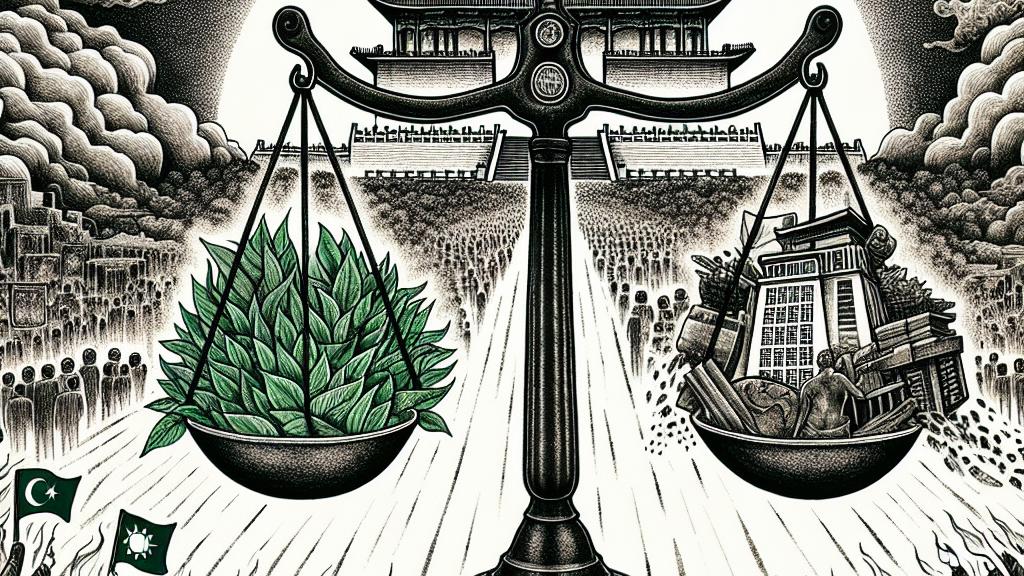New Operational Guidelines to Combat Greenwashing in Carbon Neutrality Declarations
Overview
- Taiwan's Ministry of Environment launches groundbreaking guidelines for carbon neutrality declarations.
- These guidelines tackle greenwashing, emphasizing accountability and transparency among corporations.
- Although participation is voluntary, the guidelines aim to protect consumers and promote trust.

Taiwan's Innovative Approach to Carbon Neutrality
On September 26, 2024, Taiwan's Ministry of Environment (MOENV) took a significant step forward by introducing a comprehensive set of operational guidelines aimed at enhancing the accuracy of corporate carbon neutrality declarations. This initiative is especially timely, as concerns over greenwashing—a term that describes the deceptive practice of making misleading claims about environmental practices—have become a hot topic. For example, some products boast carbon neutrality without substantial verification, leading consumers to be misled. Deputy Environment Minister Shih Wen-chen pointedly observed that unless companies provide clear definitions and transparent information, their claims risk becoming nothing but hollow marketing. Therefore, these guidelines are designed not just to combat greenwashing, but to cultivate a culture of meaningful corporate responsibility.
Decoding the Threat of Greenwashing
Greenwashing can dramatically mislead consumers who are eager to support environmentally responsible brands. A prime example is the infamous Volkswagen emissions scandal, where misleading marketing led customers to believe their vehicles were eco-friendly, while the reality was quite different. Taiwan's new guidelines aim to address such issues with a structured three-step process for corporations. First, they must carry out a thorough assessment of their carbon emissions. Second, they need to disclose a scientifically substantiated plan for reducing these emissions. Lastly, only after fulfilling these first two steps can they use accredited carbon credits to offset their remaining emissions. By establishing this clear pathway, Taiwan is making strides to ensure that corporate declarations of carbon neutrality hold genuine weight.
Fostering Transparency and Consumer Confidence
While the MOENV's guidelines currently lack enforcement mechanisms for non-compliance, they underscore the crucial role of transparency. The guidelines empower consumers to take an active role by reporting misleading advertising practices to the Fair Trade Commission. Picture a scenario where consumers band together to call out a corporation for its exaggerated claims, resulting in a loss of trust and a tarnished reputation. Such actions not only protect consumers but also encourage companies to adhere strictly to the guidelines. Furthermore, aligning these efforts with international standards sends a strong message, potentially inspiring other countries to implement similar measures. Taiwan's pioneering approach could serve as a catalyst for global change, prompting a shift from superficial marketing tactics toward genuine sustainability.

Loading...